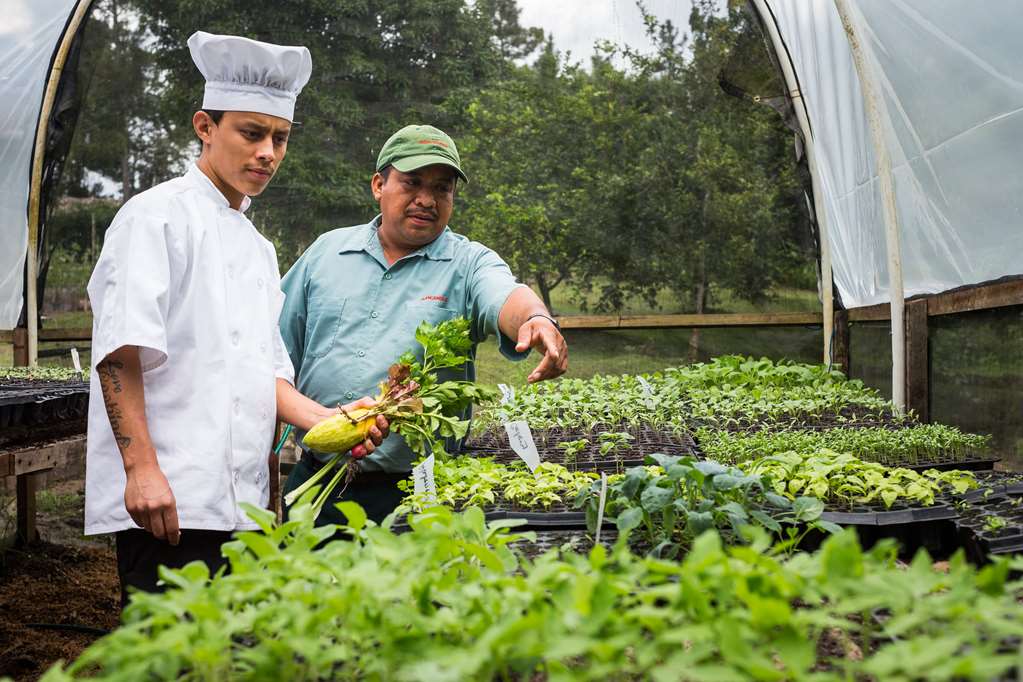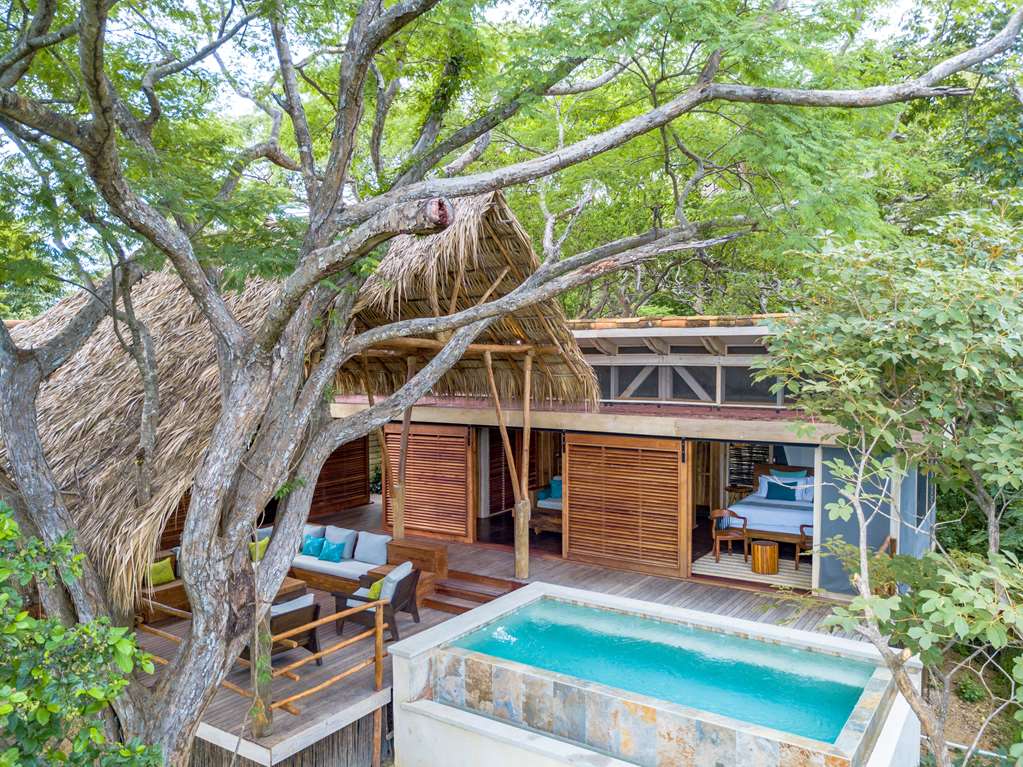As travel opportunities have become increasingly global, travelers are often looking for authentic experiences beyond the rote “tourist” destinations and activities. But at the same time, we are more aware of the need to reduce the impact of our travel on the people and places we visit. Ecotourism can be the sweet spot between the two.
Does that mean that you have to backpack to a hut with no electricity or forego the comforts of personal service? Absolutely not! Ecotourism is defined as “responsible travel to natural places, which conserves the environment and sustains the wellbeing of the local people.” But you don’t have to forfeit luxury to be an eco-responsible traveler.
Guidelines for Responsible Ecotourism

So how can you indulge without being self-indulgent? It’s more than simply reusing your bath towels. Responsible tourism includes choosing eco-friendly tours and lodging. But how do you know if a program is eco-responsible? Find out if it follows these eco-practices and then make informed choices for your travel.
- Preserve the natural setting and indigenous landscape by constructing the physical property with minimal impact to the site.
- Use locally sourced and sustainably harvested or recycled building materials and design spaces to reflect local heritage.
- Use renewable energy and environmentally sensitive water and waste disposal systems.
- Support local businesses by purchasing food from local farmers, ranchers, and fishermen and using local craftsmen.
- Support the resident community by employing and training local workers.
- Build environmental and cultural awareness by offering excursions to natural and cultural sites.
- Respect and interact with the local culture by introducing visitors to authentic activities and festivals.
Where to find Ecolodges

Excellent ecolodges can be found in nearly every eco-system and budget. From beach to jungle to mountains to savanna, many ecolodges offer great service and sublime comfort to the responsible traveler. You can have the adventure of authentic cultural engagement while maintaining a low environmental impact. Because, by definition, ecolodges are in tune with their local environment and way of life, no two are the same. Each one proudly supports and preserves the location’s indigenous culture and natural beauty that makes it unique. Guests enjoy a genuine experience and gain an appreciation for the place and traditions.
From the secluded and rustic Blancaneaux Lodge in the Maya Mountains of Belize, active types enjoy riding horseback to hidden falls, hiking, exploring caves and “discovering” hidden Mayan cities. For unbridled romance in the grasslands of the Serengeti of Tanzania, the luxurious Singita Sabora Tented Camp is the perfect base for a wildlife safari. A unique agritourism project that combines reforestation, an animal farm, organic agriculture, and sea turtle conservation, all in one sumptuous resort, is found at Morgan’s Rock in Nicaragua. The list goes on and on.

If you want to lighten the impact of your travel, but not give up exquisite accommodations, fine food, and personal service, ask your favorite travel advisor to arrange a trip to a socially and environmentally responsible ecolodge. You will enjoy the natural beauty of the area, support the local communities and learn about the environment. With responsible ecotourism, you can indulge and feel good about it.








Leave a Reply